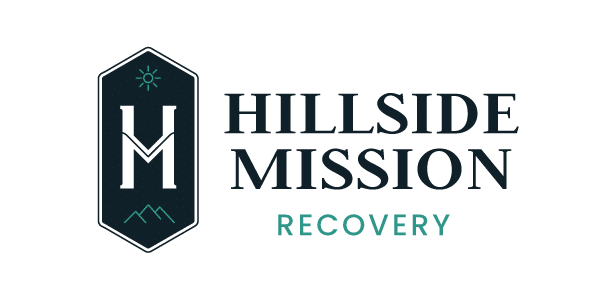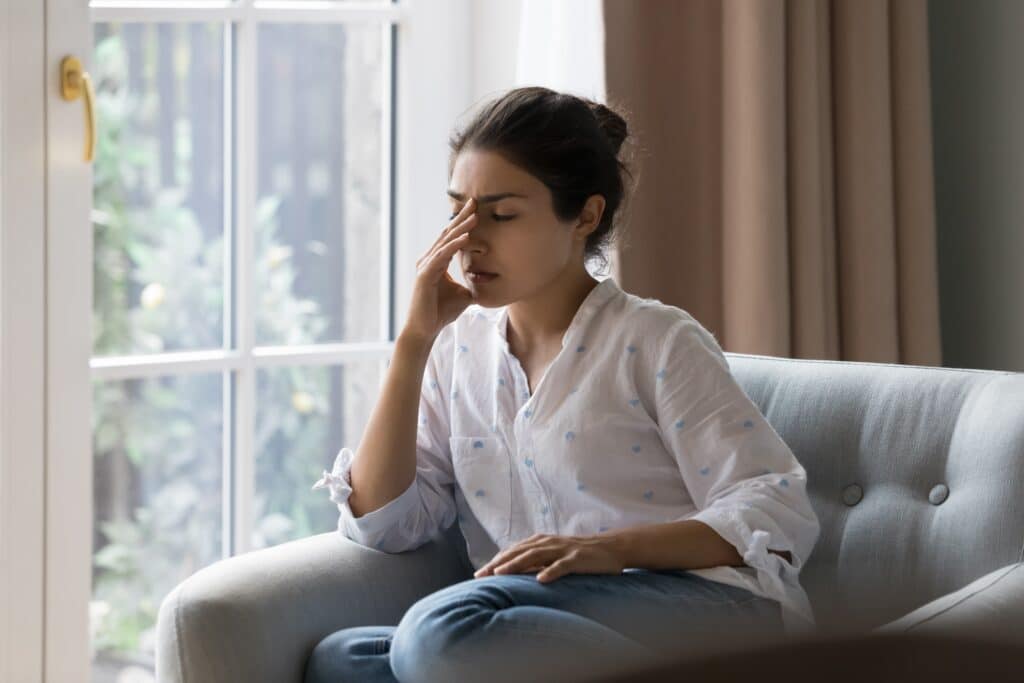While most people know what addiction is, many don’t know just how complex of a disease it is. Unfortunately for the millions suffering from it, addiction can stem from a number of causes and even cause other problems besides just those we think of when we consider addiction. When addiction is combined with mental illness, this is called a co-occurring disorder. Treatment for co-occurring disorders is much different from addiction, so it’s important to know where to go and what to look for in treatment.
At Hillside Mission Recovery, we are dedicated to giving our clients the treatment and services they need to get on the path to sobriety. We know how complex co-occurring disorders can be and the treatment required. In this post, we will look at co-occurring treatment known as dual diagnosis, what co-occurring disorders are, and how they affect addiction. We’ll also discuss how to find treatment for co-occurring disorders so that you or your loved one can get sober and stay that way.
What Are Co-Occurring Disorders?
The National Institute on Drug Abuse (NIDA) defines a co-occurring disorder as “a mental illness and substance abuse disorder that occur at the same time.”
These disorders can interact with each other and make both worse. For example, someone suffering from anxiety may turn to drugs or alcohol to self-medicate. This can lead to addiction, which will, in turn, worsen the anxiety. It’s a vicious cycle that can be hard to break without the help of an addiction treatment facility that offers treatment for co-occurring disorders.
Which Disorders Are Commonly Considered Co-Occurring Disorders?
There are many different types of mental illness that can co-occur with addiction, but some of the most common include:
- Anxiety disorders
- Depressive disorders
- Bipolar disorder
- Schizophrenia
- Post-traumatic stress disorder (PTSD)
- Attention-deficit/hyperactivity disorder (ADHD)
These are just a few of the mental illnesses that treatment centers will commonly see in patients with addiction. It’s important to remember that every person is different, and there are many other disorders that can co-occur with addiction.
How do Co-Occurring Disorders Affect Addiction?
As we mentioned before, co-occurring disorders can interact with each other and make both worse. This is why it’s so important to get help from a dual diagnosis treatment center if you or someone you love is struggling with addiction and mental illness.
When addiction and mental illness are left untreated, they can cause a number of problems. The most common are:
Increased risk of relapse – Because both disorders feed off of each other, treating neither or even just one means that a person is more likely to relapse in order to cope with the problems caused by the co-occurring disorders.
Poor physical health – This is typically a result of dealing with addiction and mental illness. It leads to neglecting other health issues and just general poor life choices that lead to a decline in physical health.
Social isolation – Social isolation can occur as part of addiction or mental illness, and the effects only intensify with co-occurring disorders. A person tends to become distant from family and friends, even ignoring activities that they used to enjoy in favor of using or as a means of coping with the problems they are facing, such as hiding away from shame.
Employment and financial difficulties – Another consequence of untreated co-occurring disorders, because of the effects of the disorders, a person is more likely to miss work, perform poorly or even wind up in legal trouble as a result of their actions.
These are just some of the negative consequences that can occur when co-occurring disorders are not treated.
How to Find Treatment for Co-Occurring Disorders
If you or someone you love is struggling with addiction and a mental illness, it’s important to get help right away. However, this can be tricky because not all treatment centers offer treatment for co-occurring disorders.
Hillside Mission offers the kind of treatment you need in a calming and relaxing environment that is free of distractions and stress so that you can focus on getting well and getting back on the path of sobriety.
Treatment for co-occurring disorders involves dual diagnosis treatment that works to find the root cause of both the mental illness and the addiction at the same time and treat them. Our residential inpatient care will work to give you the tools to deal with both disorders so that when you return to your normal life, you’ll be able to cope with day-to-day stress without drugs or alcohol.
We offer aftercare services to follow up with after treatment so that you have the continuing support you need to stay sober and healthy.
If you or someone you know is suffering from co-occurring disorders, contact us today for comprehensive dual diagnosis treatment in Mission Viejo, CA.






